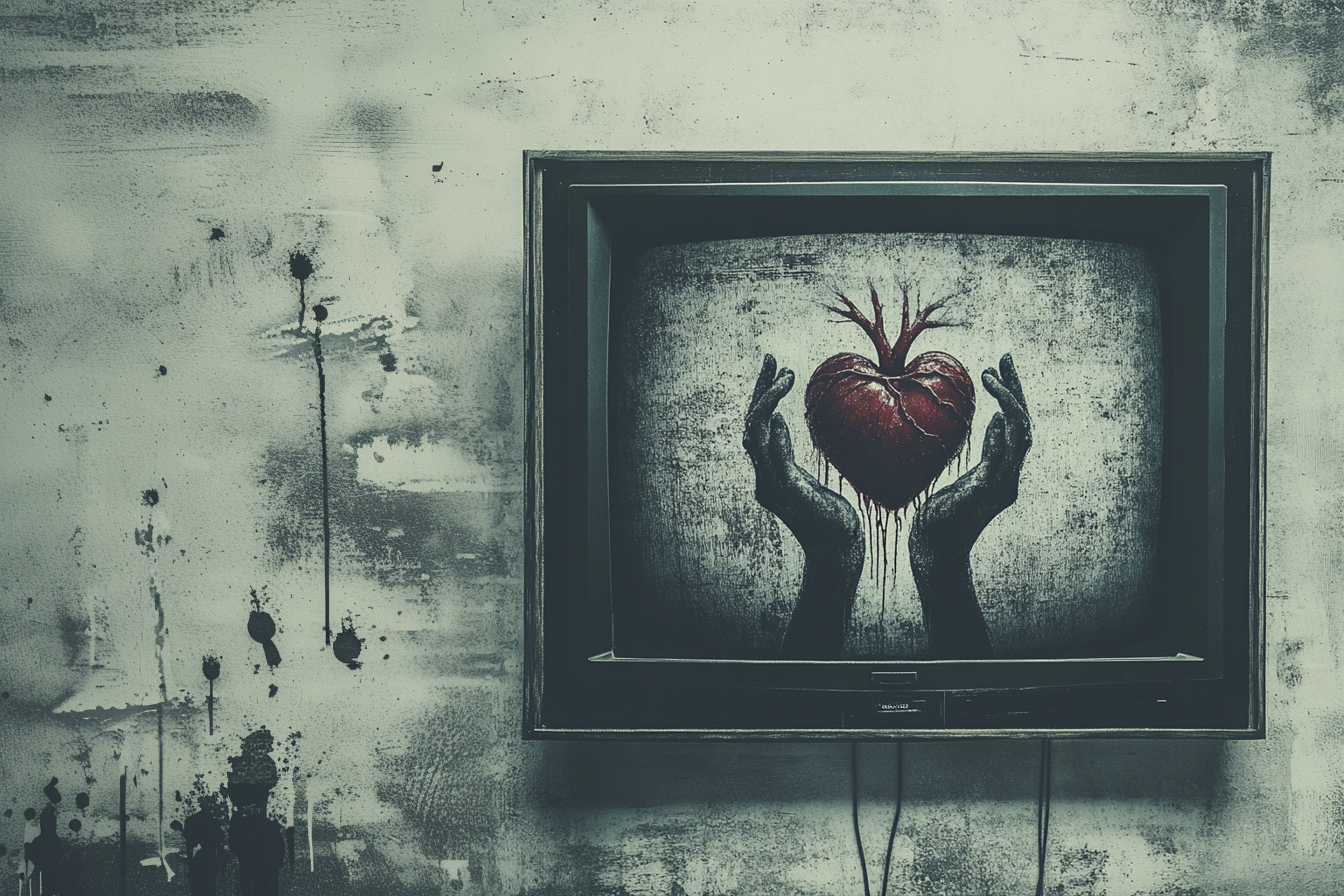Our Take On The Katie / Dermot beef:
At Attune we have significant experience of working with individuals who have been involved with reality TV shows.
We totally understand that participating in televised talent competitions can be an incredibly complex, challenging and traumatising experience. While these platforms have launched many careers and created countless opportunities (none more so than for its creators and producers), we must acknowledge the profound impact these intense experiences can have on contestants' mental health and well-being.
The pressures of being thrust into the spotlight can leave lasting impressions that extend far beyond the show's runtime. These challenges are compounded by the behind-the-scenes experiences - from isolation to various forms of psychological strain, to the sudden fame or lack of it that can occur immediately afterwards.
We should also acknowledge the near certainty that reality TV competitions, particularly during their peak years, often prioritised entertainment value and income over participant welfare. In the old days, it was probably harder to see the depth and significance of these experiences - at best the caveats were probably of an "occupational hazard" variety. The term "duty of care" was more than likely thought of as something for other people in other industries.
We cannot change that past approach, but we can certainly look for better practices in the future.
While we cannot and should not comment on specific allegations or circumstances, it's crucial to recognise that many former contestants have spoken about their struggles, both during and after their time on such shows., and we would never question anyone's personal experience. These 1sr person testimonies highlight the lack, and vital importance of, genuine, independent welfare support and mental health care in the entertainment industry, in preparation for, during, and after their experiences on reality TV shows or talent shows.
Independent psychological support as opposed to in-house employed support that may have a conflict of interest, should ideally include pre-screening assessments, regular check-ins during production, availability of 24 hour support, post-show decompression periods, and long-term aftercare plans extending months or even years after filming concludes. These services should be provided by experienced mental health professionals with a deep understanding of the entertainment industry, who have no reporting relationship to production staff or anyone else in the vertical of post show monetisation.
Viewers also play a crucial role in this ecosystem. Public scrutiny and social media commentary can magnify pressures on contestants. A more compassionate approach to talent show consumption includes recognising contestants as real people with genuine vulnerabilities, not merely characters created for entertainment. They most certainly didn't know what they were getting into when they signed up. This is the reality we have witness, time and time again.
Another critical period is the transition when contestants return to 'normal life' or attempt to build careers post-show. This time between sudden exposure and whatever comes next often lacks structured support despite presenting significant challenges, dissapointments and mental health challenges that would not exist were it not for their time in the spotlight.
While there have been positive changes in recent years with some productions implementing more robust welfare protocols, these efforts remain inconsistent across the industry. True change requires regulatory oversight, not just voluntary improvements. In the meantime, the deaths just seem to keep on happening.
Our free Urgent Response Guide is a useful and potentially life-saving resource for anyone dealing with talent at any level, and this includes at the level of talent show contestant. For more information see www.get-attune.com.
As we continue to evolve as an industry, it's essential that we listen to and learn from these experiences. The conversation around duty of care in entertainment needs to be more than just box-ticking, careful wording or surface-level assurances - it requires genuine commitment to protecting the wellbeing of all participants.
Moving forward, we must focus on creating environments where talent can thrive without compromising their mental health and personal boundaries. This means implementing truly independent support systems and maintaining transparency about the challenges and pressures inherent in the industry.
Despite these challenges, we remain optimistic about the future of talent development in the entertainment industry. When proper support systems are in place, we've witnessed how contestants can flourish both personally and professionally.
By implementing comprehensive wellbeing strategies, production companies can actually enhance both the quality of their shows and the long-term success of their participants. The creativity, passion and unique talents that draw audiences to these shows in the first place can be nurtured rather than exploited, creating a more sustainable and ethical approach to entertainment.
Together, we can build a future where success in the spotlight doesn't come at the cost of personal wellbeing – where the next generation of talent can safely share their gifts with the world, and we are not retelling tragic stories in episodes of Empathy For The Devil many years in the future.



.png)
%20(1).jpg)


